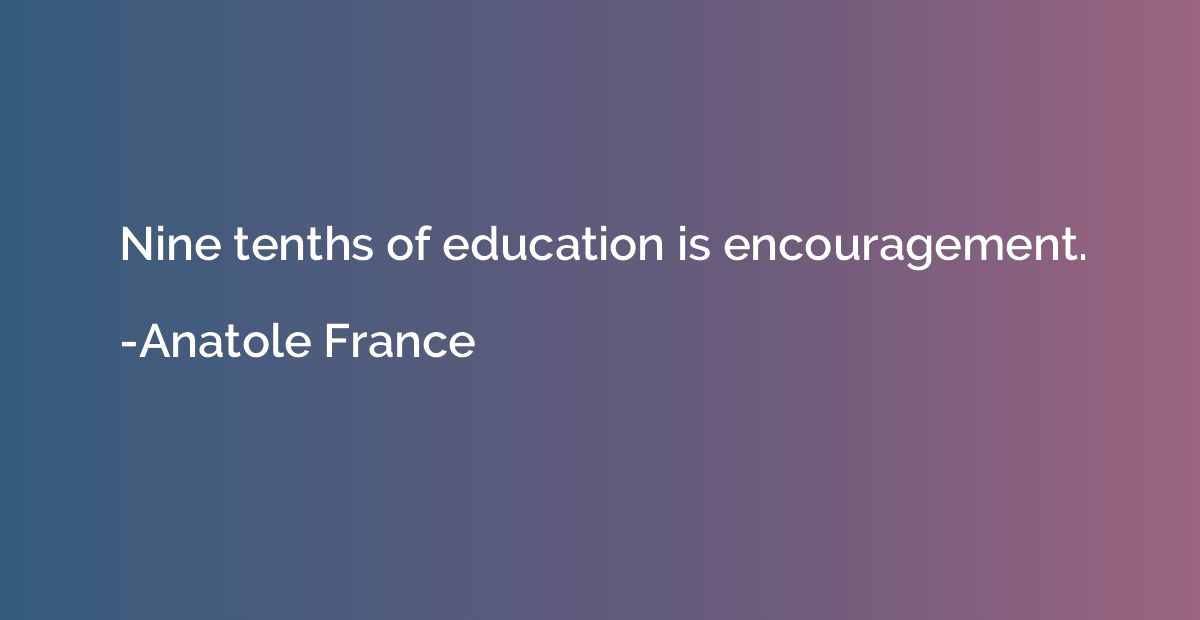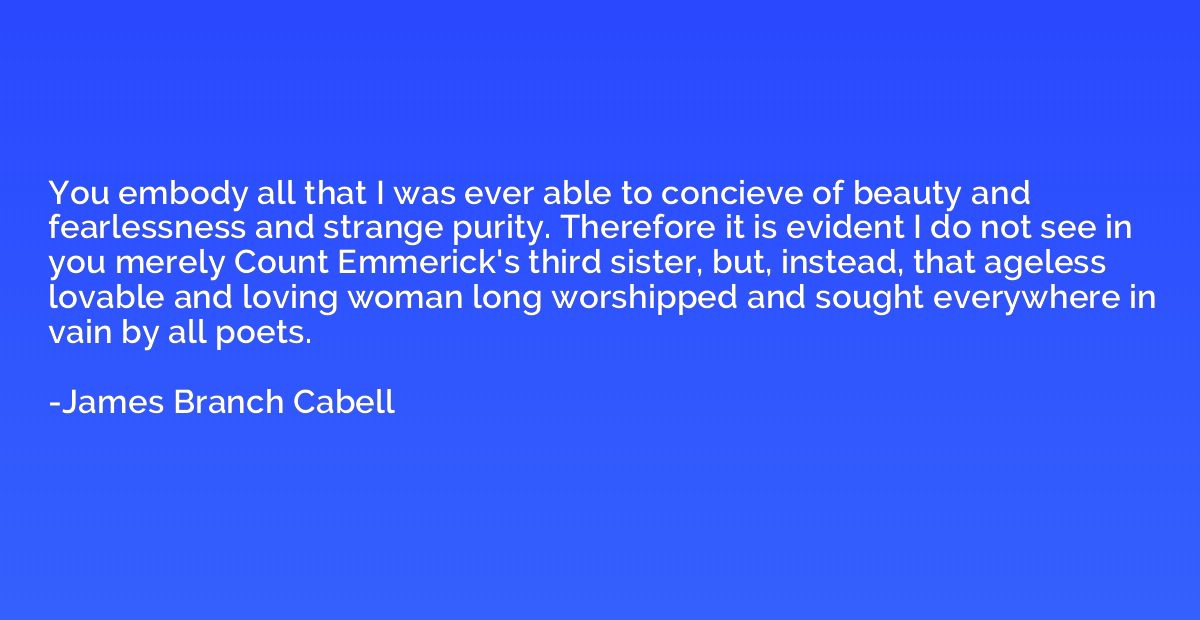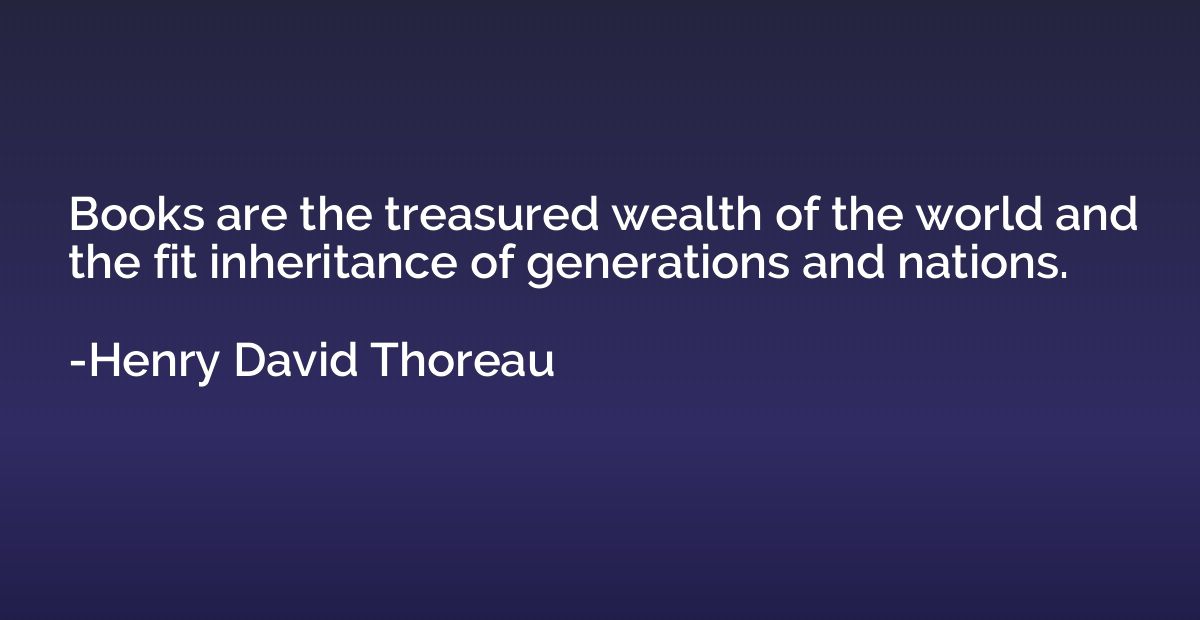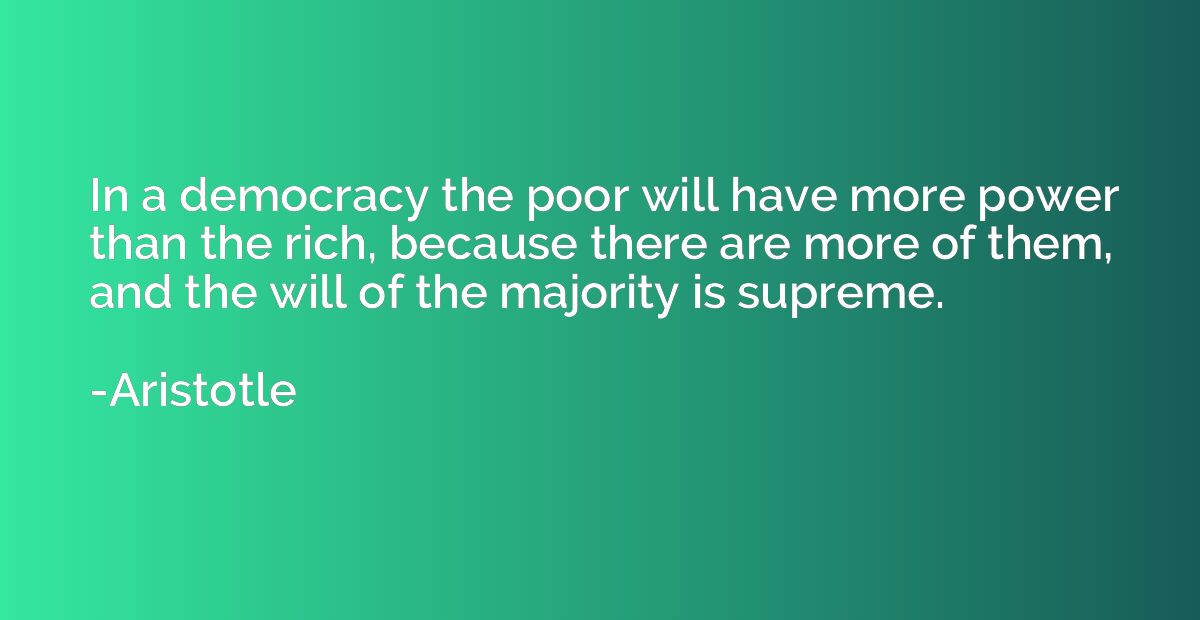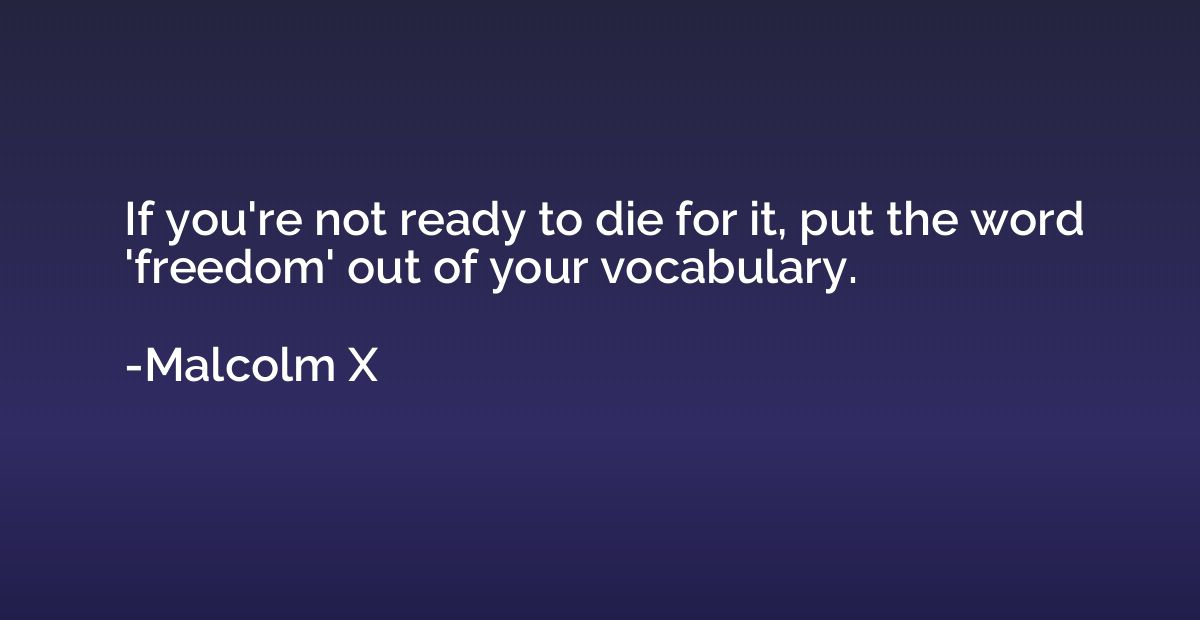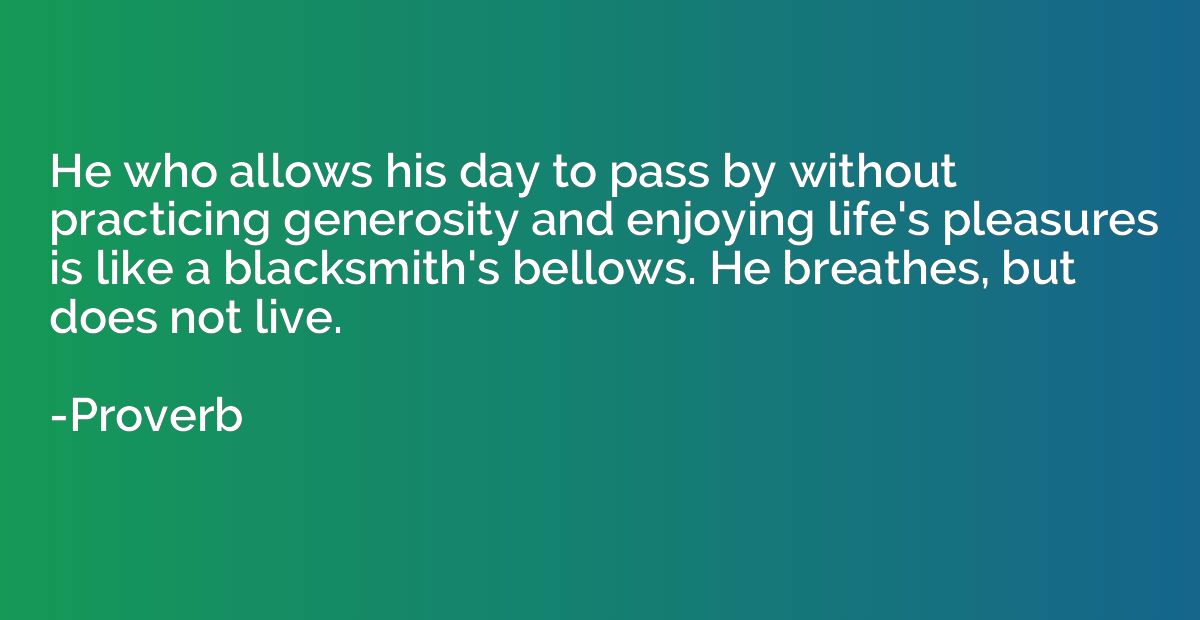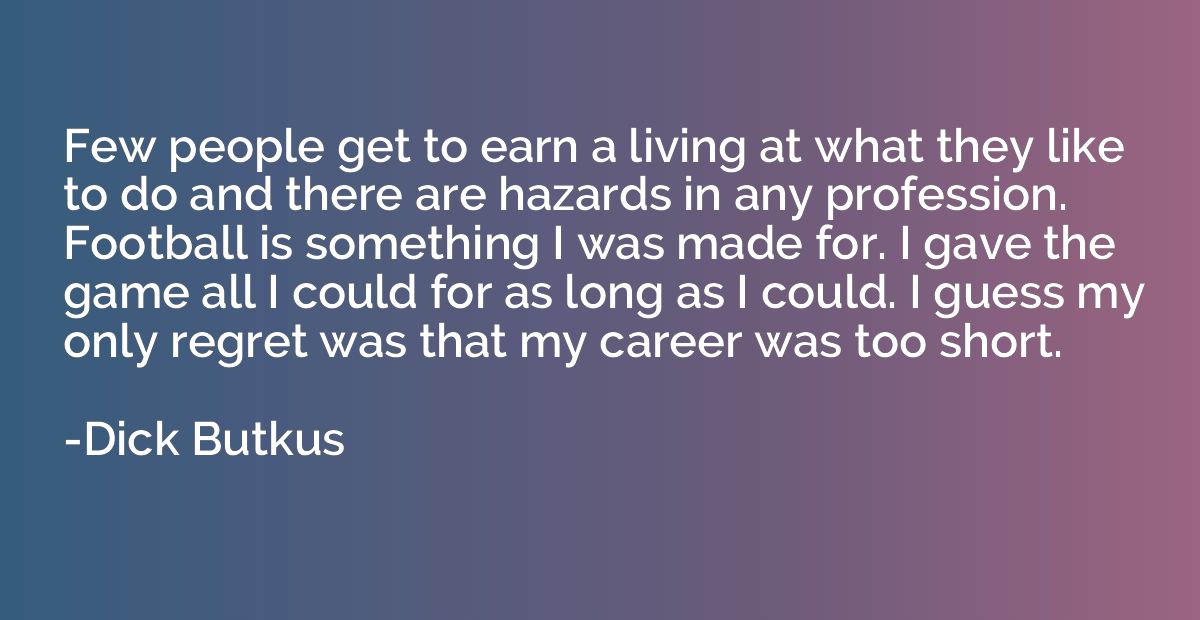Quote by C.S. Lewis
We ought to give thanks for all fortune: it is is good, because it is good, if bad, because it works in us patience, humility and the contempt of this world and the hope of our eternal country
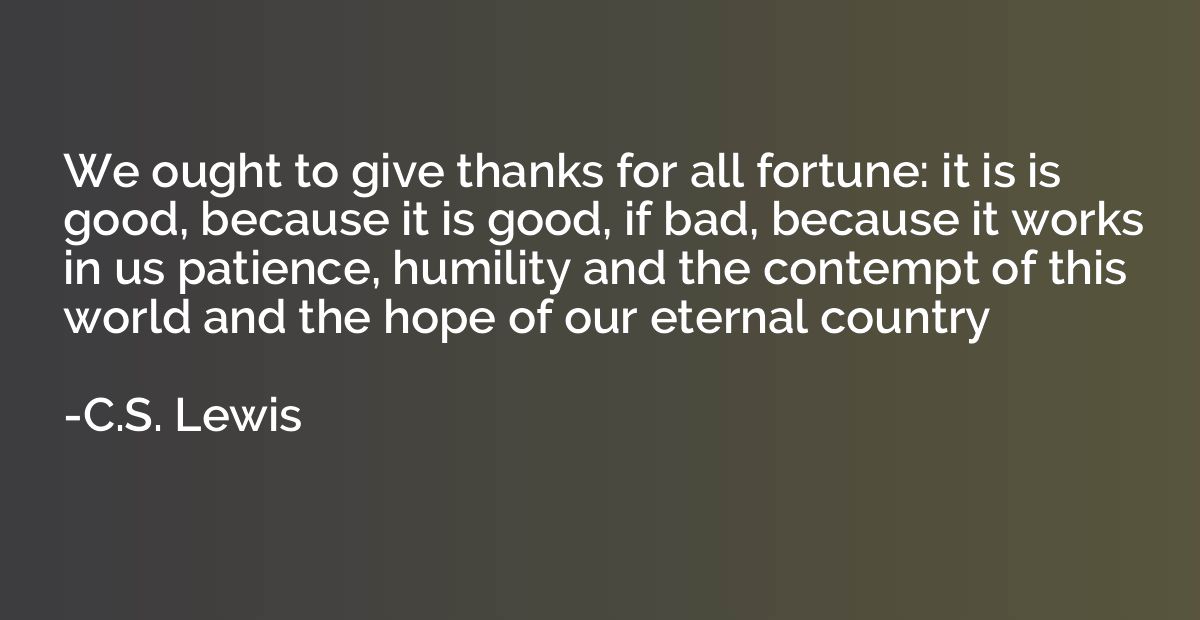
Summary
This quote suggests that regardless of whether our fortune is good or bad, we should be grateful for it. Good fortune is viewed as something inherently positive, while bad fortune is seen as an opportunity to cultivate qualities such as patience, humility, and a detachment from materialism. It also implies that these experiences can strengthen our belief in a higher purpose or a spiritual realm beyond this worldly existence. Ultimately, the quote emphasizes the importance of maintaining a hopeful outlook and understanding the potential growth that can come from all forms of fortune.
Topics
Fortune
By C.S. Lewis



